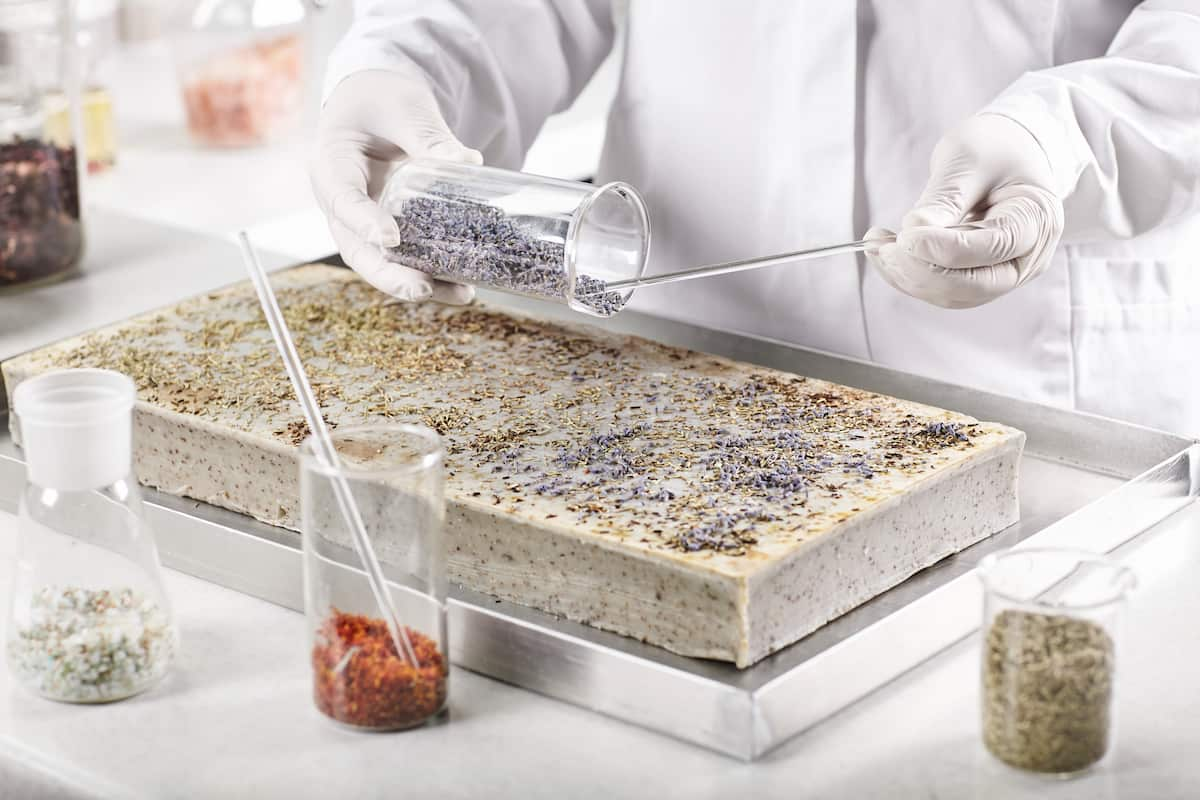Certified seed production is a profitable agriculture business that involves producing high-quality seeds with specific genetic traits that meet the needs of farmers. In India, the demand for certified seeds is increasing due to the increasing population and the need to produce more food. In this article, we will provide a step-by-step guide on how to start a certified seed production business in India.

How to Start a Certified Seed Production in India: A Step-By-Step Guide
Conduct Market Research
The first step in starting a certified seed production business is to conduct market research to identify the demand for different types of seeds in your region. This will help you determine the types of crops in high demand and the seed varieties that farmers are willing to pay for. You can also research the competition to understand its pricing, distribution channels, and marketing strategies.
Obtain the Necessary Licenses and Permits
To start a certified seed production business in India, you must obtain the necessary government licenses and permits. You must register your business with the Registrar of Companies (ROC) and obtain a Permanent Account Number (PAN) from the Income Tax Department. You will also need to obtain a Seed Processing Unit (SPU) license from the National Seed Corporation (NSC) or the State Seed Certification Agency (SSCA).
Set Up the Seed Processing Unit
The unit should be located in an area that is easily accessible to farmers and should have adequate storage facilities for the seeds. The processing unit should also have the necessary seed cleaning, grading, and packaging equipment.
Source High-Quality Seeds
To produce high-quality certified seeds, you must source high-quality seeds from reliable sources. You can buy seeds from seed companies or collect seeds from local farmers. You need to ensure that the seeds are of the right genetic makeup and meet the minimum standards set by the NSC or the SSCA.
Follow Seed Certification Procedures
To produce certified seeds, you must follow the seed certification procedures set by the NSC or the SSCA. This involves ensuring the seeds are pure, true to type, and free from diseases and pests. You must also follow the prescribed methods for seed treatment, packaging, and labeling.
In case you missed it: Sugarcane Production Guide: A Step-By-Step Cultivation Practices

Develop a Marketing Plan
Once you have produced certified seeds, you must develop a marketing plan to contact farmers. You can advertise your certified seeds via several different venues, including social media, trade shows, and in-person gatherings of farmers. You must also establish relationships with agricultural input dealers and distributors to ensure your seeds reach farmers.
Build a Strong Brand
To succeed in the certified seed production business, you must build a strong brand associated with high-quality seeds. You can achieve this by providing excellent customer service, maintaining consistent seed quality, and delivering on your promises. You can also differentiate your brand by offering unique seed varieties that are not readily available.
Frequently Asked Questions About Certified Seed Production Business
How to Register a Seed Production Business in India?
To register a seed production business in India, you must follow a few steps to obtain the necessary licenses and permits from the government. Firstly, you must register your business with the Registrar of Companies (ROC) and obtain a Permanent Account Number (PAN) from the Income Tax Department. You also need to obtain a Seed Processing Unit (SPU) license from the National Seed Corporation (NSC) or the State Seed Certification Agency (SSCA), depending on the location of your business.
To obtain the SPU license, you must apply along with the necessary documents, such as proof of ownership or lease of the land, a layout plan of the processing unit, and details of the equipment and machinery used. You must also demonstrate that you have the technical expertise and financial resources to run a seed processing unit. Next, you will receive the SPU license, which is valid for a period of five years. By obtaining the necessary licenses and permits, you can legally start a seed production business in India and contribute to the growth of the agriculture sector.
Do You Need a License to Sell Seeds in India?
Yes, you need a license to sell seeds in India. The Seed Act of 1966 requires all seed producers, dealers, and distributors to obtain a license from the National Seed Corporation (NSC) or the State Seed Certification Agency (SSCA). The license is mandatory to ensure that the seeds sold to farmers are high quality, free from pests and diseases, and meet the prescribed standards. The license also enables the government to monitor the seed industry and act against the Seed Act’s violators.
The license application process involves submitting the necessary documents, such as proof of ownership, details of the seed processing unit, and a copy of the seed testing report. The NSC or SSCA then inspects the seed processing unit to ensure it meets the prescribed standards and issues the license if all requirements are met. The license is valid for a specific period and needs to be renewed periodically to ensure compliance with the Seed Act. Failing to obtain a license can result in penalties, fines, or even imprisonment.
Who Can Produce Certified Seeds?
Certified seeds are produced by professional seed companies, government agencies, and individual farmers with the expertise, infrastructure, and resources to produce high-quality seeds. To produce certified seeds, one must follow the prescribed seed certification procedures set by the National Seed Corporation (NSC) or the State Seed Certification Agency (SSCA). These procedures ensure the seeds are pure, true to type, and free from diseases and pests.
In case you missed it: How to Start a Fruit Juice Production in India: A Profitable Business Idea for Fruit Farmers

Seed producers also need access to the latest seed technology, equipment, and storage facilities to maintain the quality of the seeds. In addition, seed producers need to have a deep understanding of seed genetics and breeding to develop new seed varieties that meet the changing needs of farmers. Producing certified seeds requires a high level of technical expertise, investment, and commitment to quality. It is essential to work closely with regulatory bodies to maintain the integrity of the seed certification system.
Conclusion
Starting a certified seed production business in India requires significant time, money, and effort. However, the right strategy can be a profitable venture contributing to food security and sustainable agriculture.
- Feed Your Flock for Less: Top 10 Tips to Save on Chicken Feed
- Ultimate Guide to Ossabaw Island Hog: Breeding, Raising, Diet, and Care
- Hatching Answers: The Top 10 Reasons Your Chickens Aren’t Laying Eggs
- Eggs and Economics: Breaking Down the Cost of Raising Backyard Chickens
- Defend Your Greens: Proven Methods to Keep Iguanas Out of Your Garden
- Ultimate Guide to Cinnamon Queen Chicken: A Comprehensive Guide for Beginners
- Ultimate Guide to California Tan Chicken: Breeding, Raising, Diet, Egg-Production and Care
- Ultimate Guide to Marsh Daisy Chicken: Breeding, Raising, Diet, and Care
- 10 Types of Chicken Farming Businesses You Can Start for Profits